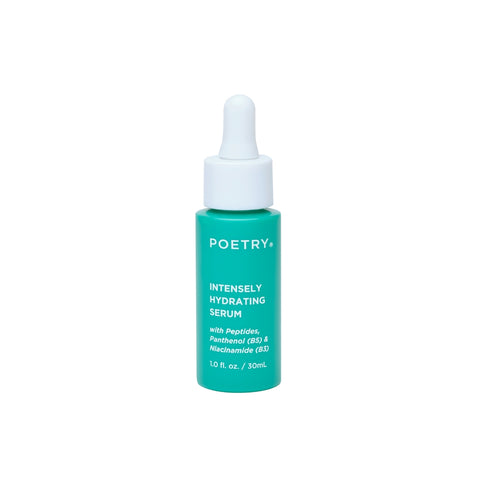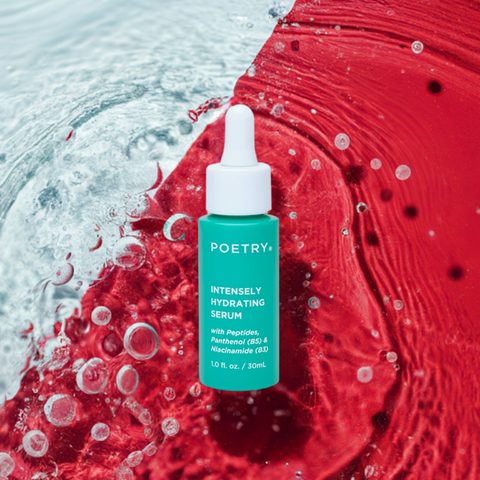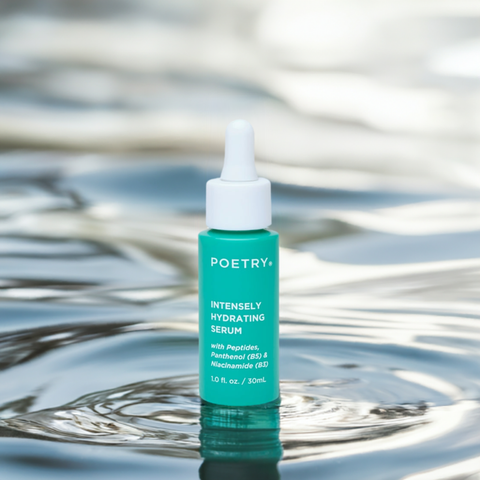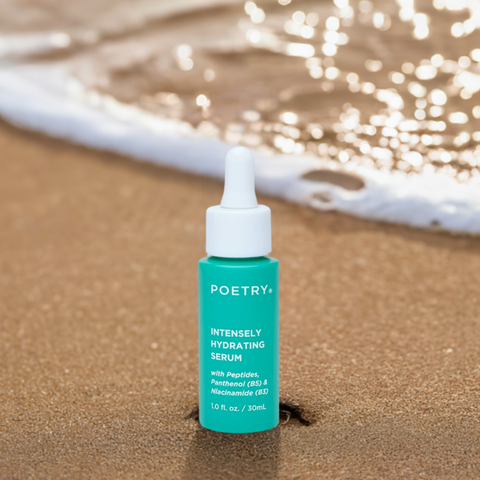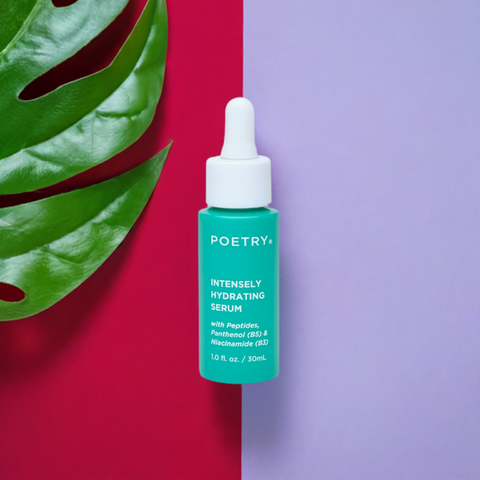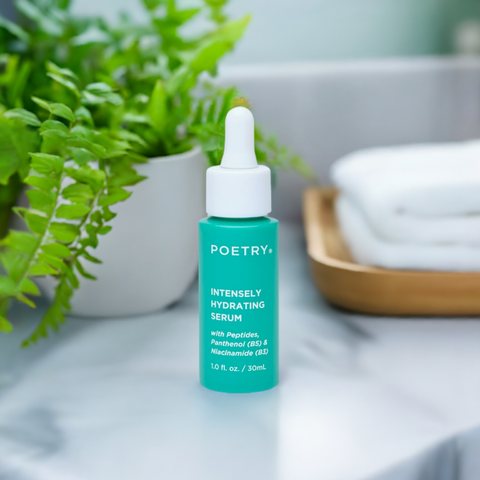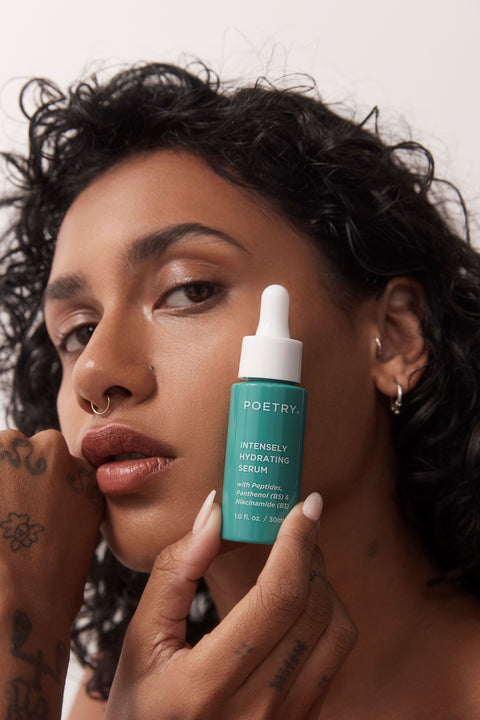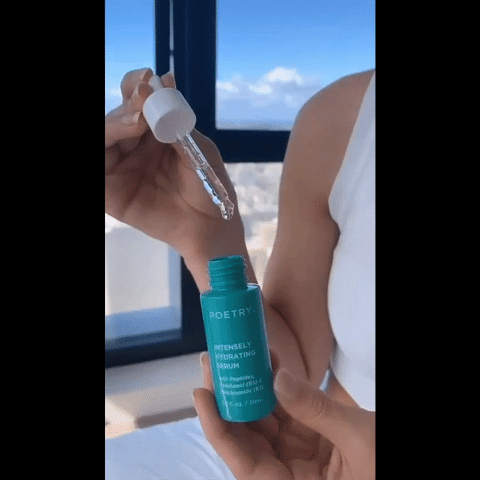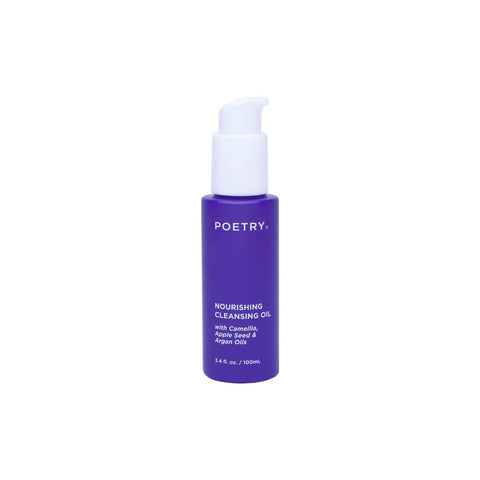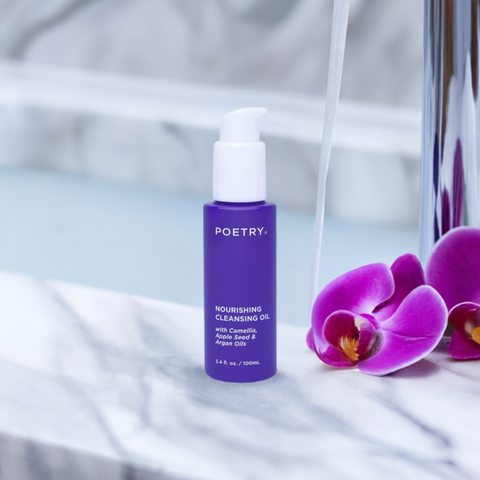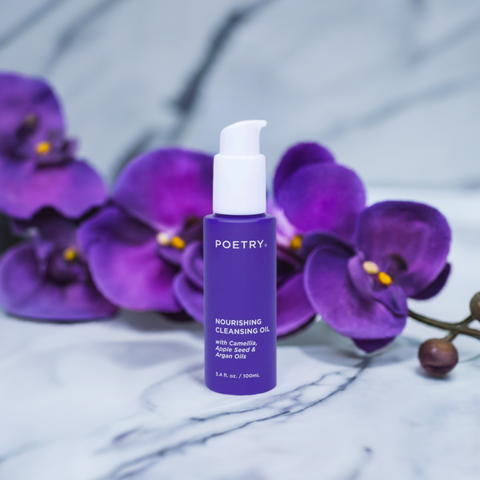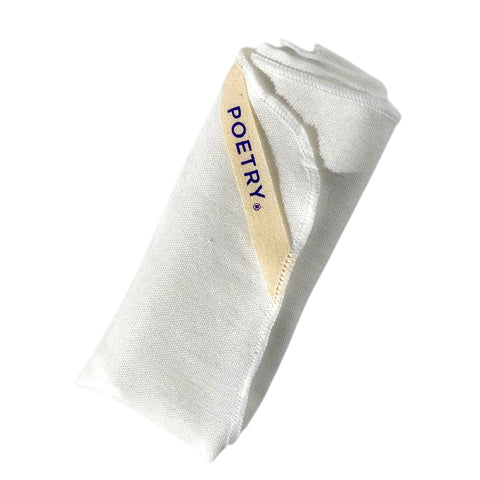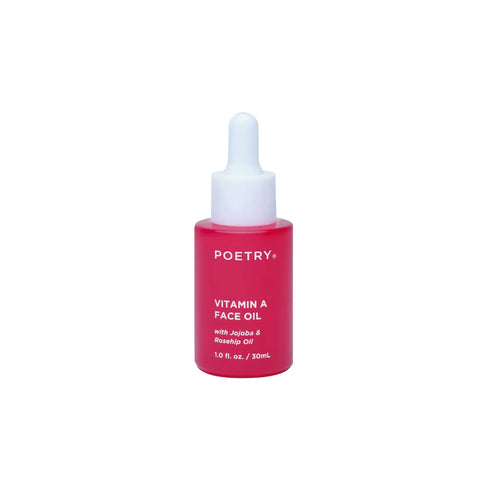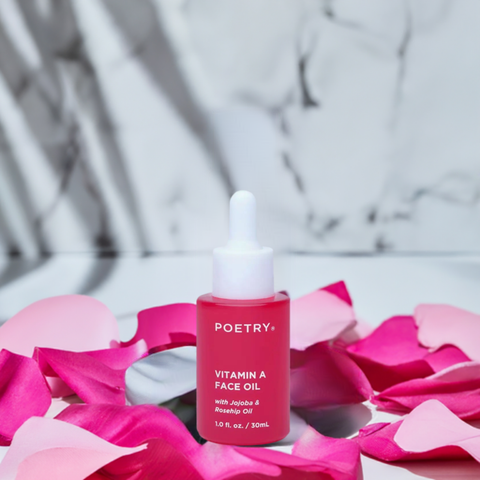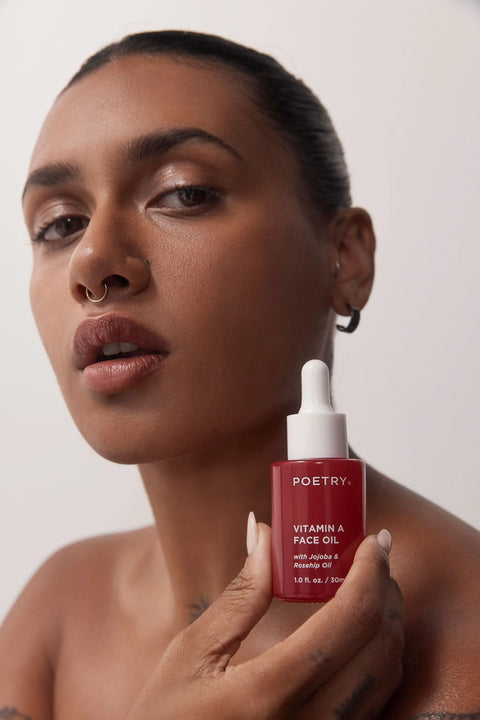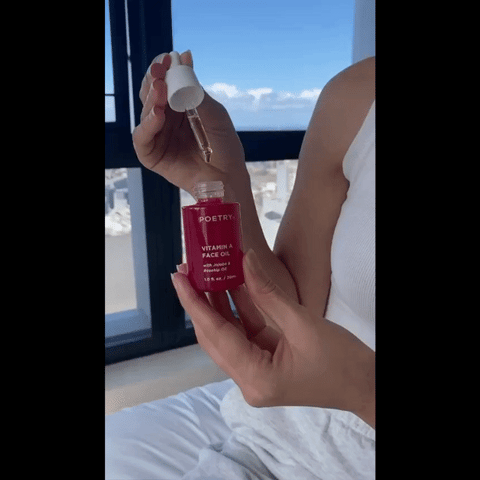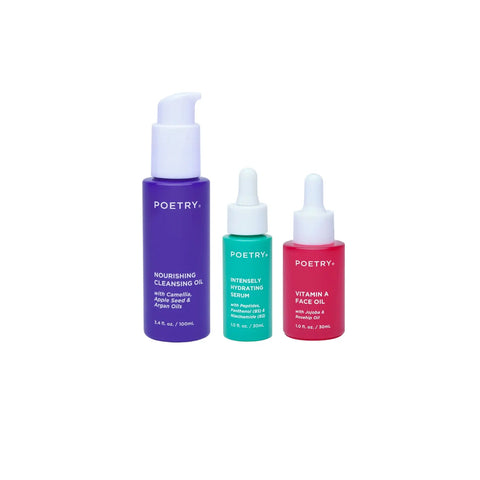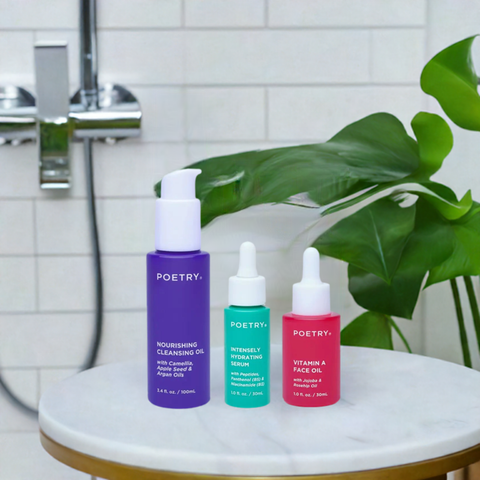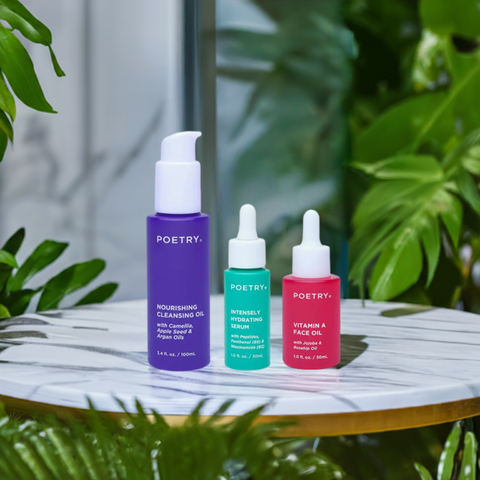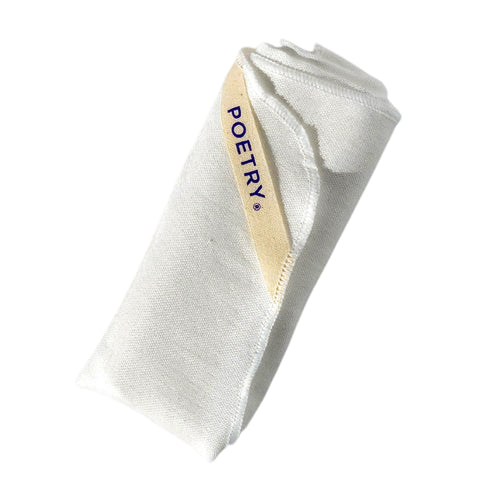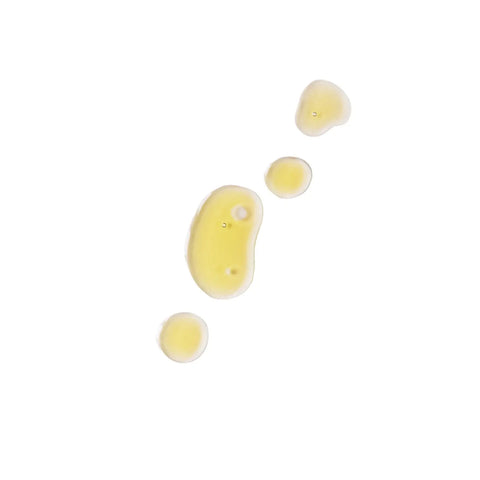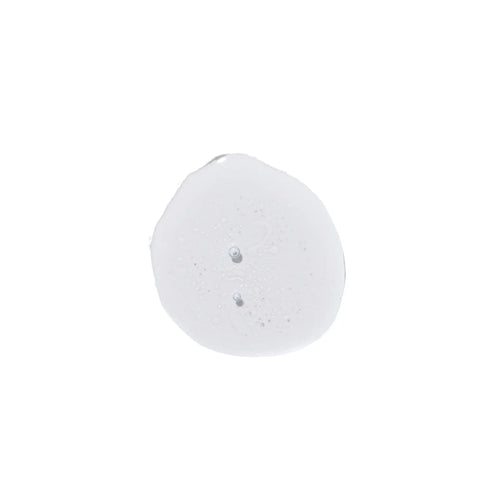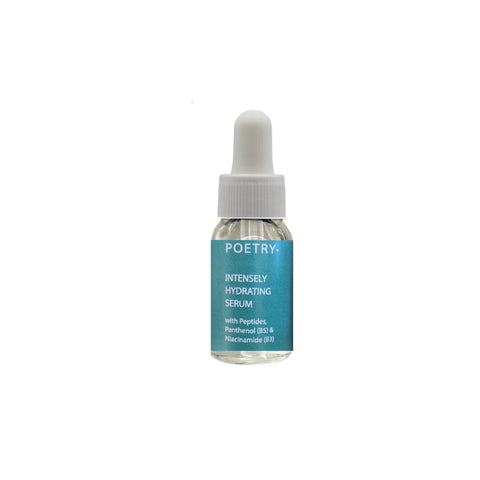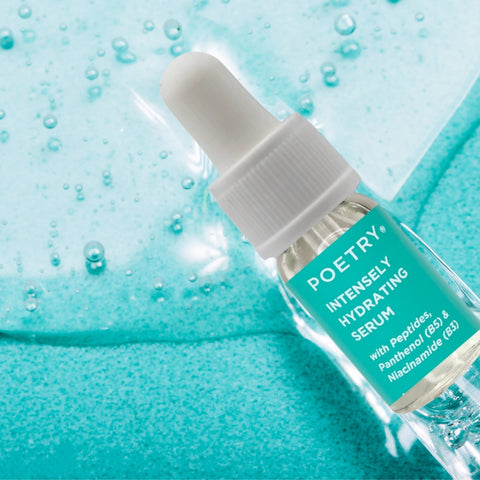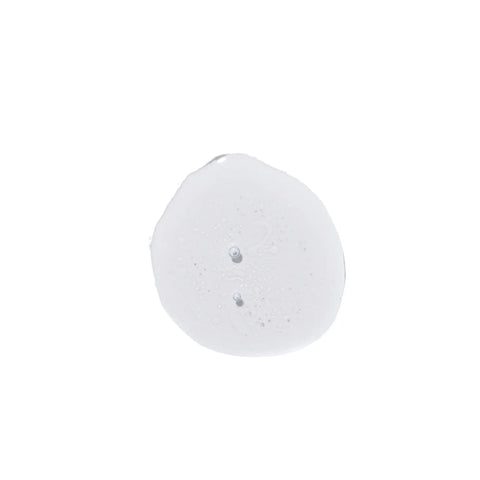Sodium Levulinate
Sodium levulinate is another natural ingredient commonly used in the cosmetic and personal care industry. It is the sodium salt of levulinic acid, which is derived from renewable sources such as corn or sugarcane. Sodium levulinate has several functions in cosmetics and personal care products, including its use as a preservative and a skin-conditioning agent.
Here are some key points about sodium levulinate:
-
Preservative Properties: Like sodium anisate, sodium levulinate also possesses preservative properties. It helps extend the shelf life of cosmetic products by inhibiting the growth of bacteria, fungi, and other microorganisms that can lead to product spoilage. It is often used in combination with other preservatives to achieve broad-spectrum protection.
-
Natural Origin: Sodium levulinate is derived from renewable resources, making it a preferred choice for brands that aim to use natural and sustainable ingredients in their formulations.
-
Synergistic Effects: Sodium levulinate is sometimes used in combination with sodium anisate to enhance their preservative efficacy. Together, they can provide a broader spectrum of protection against microbial growth.
-
Skin-Conditioning Agent: In addition to its preservative properties, sodium levulinate also has skin-conditioning benefits. It helps to improve the overall feel and texture of cosmetic products, making them more pleasant to use on the skin.
-
pH Considerations: Sodium levulinate is most effective at a pH range of around 4 to 6. Formulators need to take this into account when developing cosmetic products to ensure its optimal performance.
-
Compatibility: Sodium levulinate is generally compatible with a wide range of cosmetic ingredients, which makes it versatile for use in various formulations.
-
Regulatory Considerations: Like any cosmetic ingredient, sodium levulinate needs to comply with regulatory guidelines and standards in different regions to ensure its safety and efficacy in cosmetic products.
It's important to note that while sodium levulinate and sodium anisate both have preservative properties and are derived from natural sources, they are distinct compounds. Formulators may choose to use either or both depending on their specific needs and the formulation requirements of their cosmetic products.



